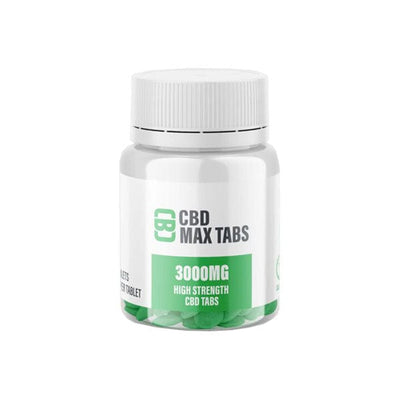CBD vs. Nicotine: A Comparison of Two Very Different Compounds
Introduction
The rise in popularity of CBD (cannabidiol) has sparked interest in comparing it to other well-known compounds. One such comparison is between CBD and nicotine, the addictive substance found in tobacco products. While these two compounds may share some similarities in how they interact with the body, they have vastly different effects and potential benefits. In this short blog, we'll explore the differences between CBD and nicotine and discuss the potential pros and cons of each.
CBD vs. Nicotine: Origins and Key Differences
-
CBD (Cannabidiol): CBD is a non-psychoactive cannabinoid derived from the Cannabis sativa plant. It has gained popularity for its potential therapeutic benefits, including reducing inflammation, anxiety, and pain. CBD products come in various forms, such as oils, tinctures, capsules, and edibles.
-
Nicotine: Nicotine is an alkaloid found in the tobacco plant, responsible for the addictive nature of cigarettes and other tobacco products. It stimulates the release of dopamine in the brain, creating a rewarding sensation that reinforces continued use. Nicotine is consumed through smoking, vaping, or using smokeless tobacco products like chewing tobacco or nicotine patches.
Comparing the Potential Effects of CBD and Nicotine
While CBD and nicotine are both derived from plants, they have very different effects on the body:
-
Addiction potential: Nicotine is a highly addictive substance, with the potential to cause physical and psychological dependence. In contrast, CBD is non-addictive and has even shown promise in helping to combat addiction to other substances, including nicotine.
-
Health effects: Long-term nicotine use is associated with numerous adverse health effects, including an increased risk of heart disease, stroke, and various cancers. On the other hand, CBD is generally considered safe and has demonstrated potential therapeutic effects, such as reducing inflammation, anxiety, and chronic pain.
-
Legal status: While nicotine is legal for adults to purchase and consume in most countries, it is heavily regulated due to its addictive nature and associated health risks. CBD's legal status varies by country and, in the United States, by state, with some regions allowing its use for medical or recreational purposes.
Choosing Between CBD and Nicotine
When deciding between CBD and nicotine, consider the following factors:
-
Health implications: If you're concerned about the long-term health effects of nicotine use, CBD may be a safer and potentially therapeutic alternative.
-
Addiction potential: If you want to avoid addictive substances, CBD is a non-addictive option that may even help in combating nicotine addiction.
-
Legal status and availability: Be sure to consider the legal status of CBD and nicotine in your area and the availability of products that meet your needs and preferences.
Conclusion
CBD and nicotine are two very different compounds with distinct effects on the body. While nicotine is known for its addictive nature and associated health risks, CBD has shown potential therapeutic benefits without the risk of addiction. When choosing between these two compounds, it's essential to consider your personal health goals and preferences.






Leave a comment